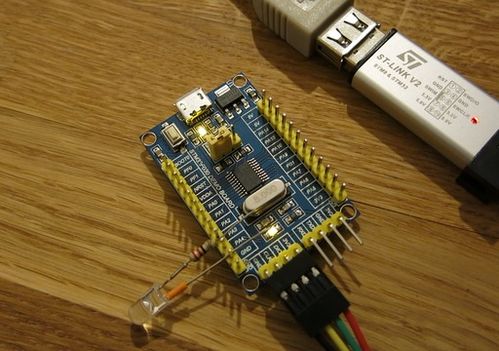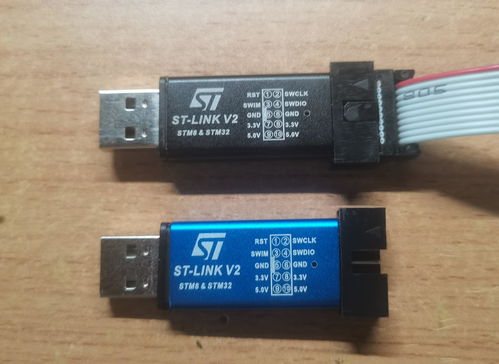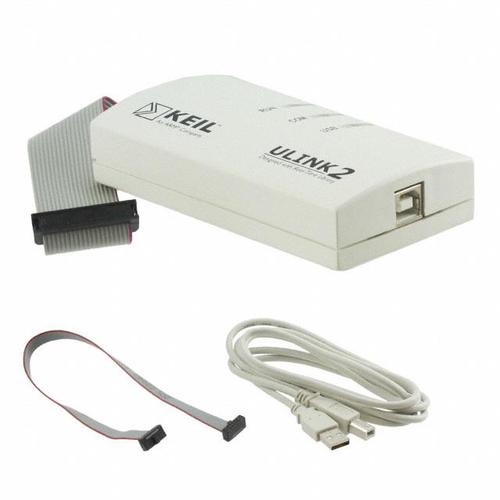ST-LINK: Your Comprehensive Guide to ARM Cortex Debugging and Programming
Are you an electronics enthusiast or a professional developer looking to delve into the world of ARM Cortex microcontrollers? If so, you’ve likely come across ST-LINK, a versatile and powerful tool designed by STMicroelectronics. In this detailed guide, we’ll explore what ST-LINK is, its features, benefits, and how to use it effectively.
What is ST-LINK?

ST-LINK is a debugging and programming tool developed by STMicroelectronics, specifically designed for ARM Cortex microcontrollers. It serves as a bridge between your computer and the microcontroller, allowing you to download programs, debug, and program your device efficiently.
Features of ST-LINK

ST-LINK offers a range of features that make it an invaluable tool for developers:
| Feature | Description |
|---|---|
| Program Download | ST-LINK enables you to download programs to your microcontroller’s memory. |
| Debugging | With features like breakpoints, single-step execution, and memory observation, ST-LINK allows you to debug your code effectively. |
| SWO Serial Output | ST-LINK provides a serial output (SWO) that allows you to output debug information using printf, making it easier to track your program’s execution. |
| Support for Multiple Microcontrollers | ST-LINK supports a wide range of microcontrollers, including those from STMicroelectronics and third-party vendors. |
Benefits of ST-LINK

ST-LINK offers several advantages over other debugging tools:
-
Cost-effective: ST-LINK is a relatively inexpensive tool that provides all the necessary features for debugging and programming.
-
Support for multiple microcontrollers: ST-LINK supports a wide range of microcontrollers, making it a versatile tool for various projects.
-
Real-time observation: ST-LINK allows you to view register and memory changes in real-time, making it easier to debug your code.
-
Efficient debugging: The SWO serial output feature reduces the need for printf debugging, improving your debugging efficiency.
Using ST-LINK
Using ST-LINK for debugging and programming is a straightforward process:
-
Connect ST-LINK to your computer and select the appropriate debugging software.
-
Prepare your microcontroller program file and download it to the microcontroller’s memory.
-
Perform debugging operations like single-step execution and breakpoints to analyze your program’s execution.
-
Once you’re done debugging, you can upload your final program to the microcontroller.
ST-LINK and Development Environments
ST-LINK is often used in conjunction with popular development environments like Keil MDK, IAR EWARM, and STM32CubeProgrammer. These environments provide a user-friendly interface and a range of features to help you develop and debug your ARM Cortex microcontroller projects.
ST-LINK vs. Other Debugging Tools
When comparing ST-LINK with other debugging tools, it’s important to consider factors like cost, compatibility, and features. ST-LINK offers a cost-effective solution with wide compatibility and a range of features that make it an excellent choice for ARM Cortex microcontroller development.
Conclusion
ST-LINK is a powerful and versatile tool for ARM Cortex microcontroller development. Its cost-effectiveness, wide compatibility, and range of features make it an excellent choice for both beginners and experienced developers. By following this guide, you’ll be well-equipped to start using ST-LINK for your next project.


















